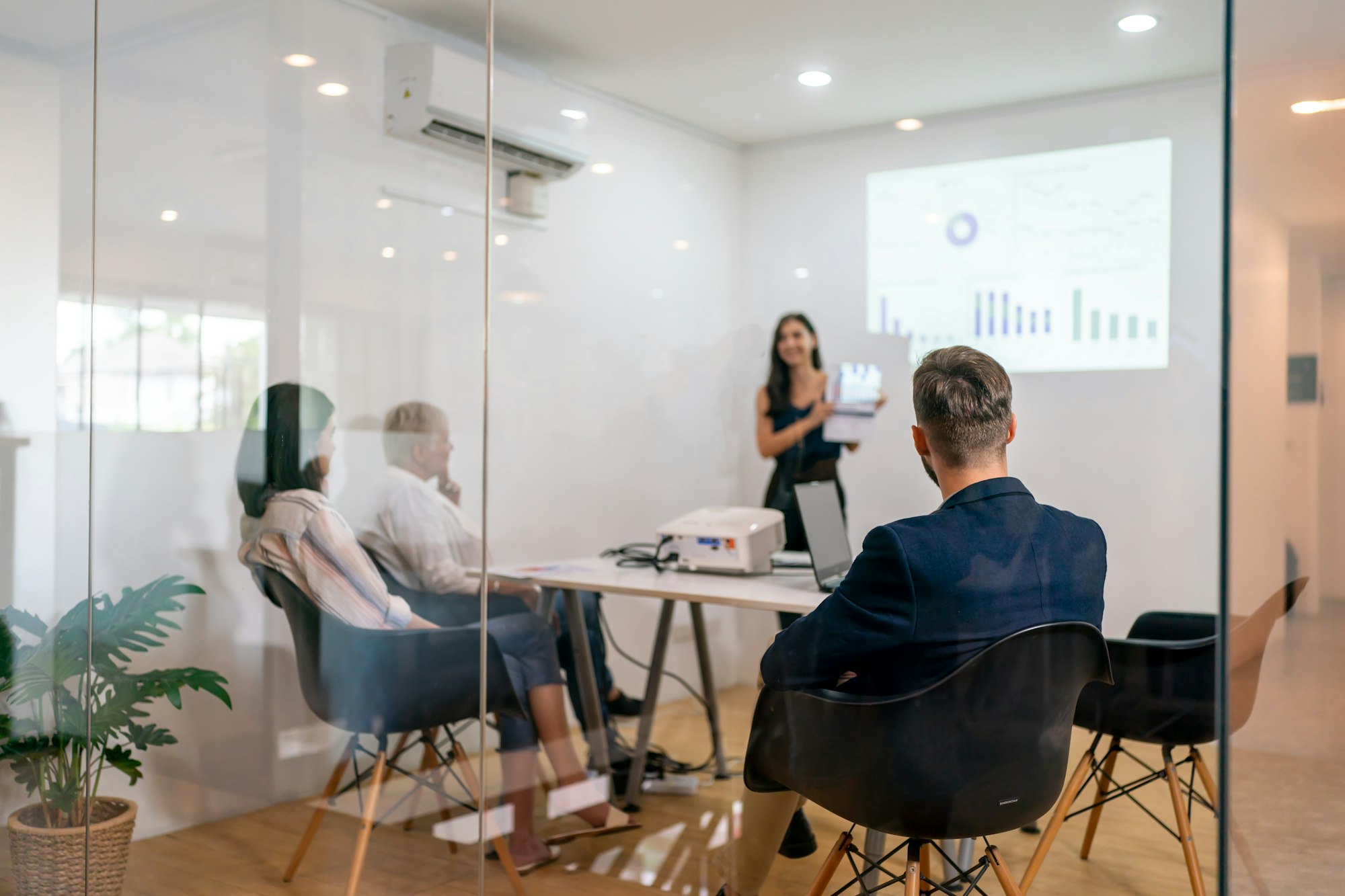Training Methodology
How you learn is as important as what you learn. We create an engaging,
democratic, practical and fun learning environment, both in-person and online!
We started to offer training in 2013 to our evaluation clients because we wanted to improve their engagement with our evaluations. Our training became so popular it developed into a full service. As such, we add and update courses as the requirements of the industry change.
Our ever-popular training and facilitation approach has a track record that speaks for itself.
Our M&E courses are based on adult learning methodologies and the principles of Non-Formal Education.
Our trainers offer the perfect combination of theory and practice. We have a wealth of experience in the field, boasting over 10 years of successful courses.
Our success is your success – which is why we enhance engagement in the training process through both participatory and interactive methods.
We keep attendees engaged in the learning content through practical application of concepts and processes by using participatory and experiential methods


"Evaluation is not an event, but a process."
Patton, Michael Q
The Participation Method
We encourage all our participants to become involved in their own learning experience. We will provide you with:
- Experiential learning and opportunities to practice your new skills
- Observational learning – a learning space where participants get to share their own examples, experience, and practice;
- Verbal / Auditory learning – your trainers positively reinforce, encourage and acknowledge you while providing honest and critical feedback. We believe that honest constructive criticism creates an enabling learning environment;
- Emotional arousal: we seek to excite and inspire, rather than alienate participants from the world of PME.
Our approach supports participants to face M&E with improved confidence and a “can do” attitude.
What Does The Typical Training Experience Look Like?
- An emotionally safe and supportive learning environment
- Short input sessions
- High level participant involvement through group discussions, debates, and small group practical exercises
- Visual learning and stimulation
- Step by step guidelines for strong application of techniques
- Explanation through case studies and relevant examples
- Games and experiential exercises to reinforce and consolidate learned theories


